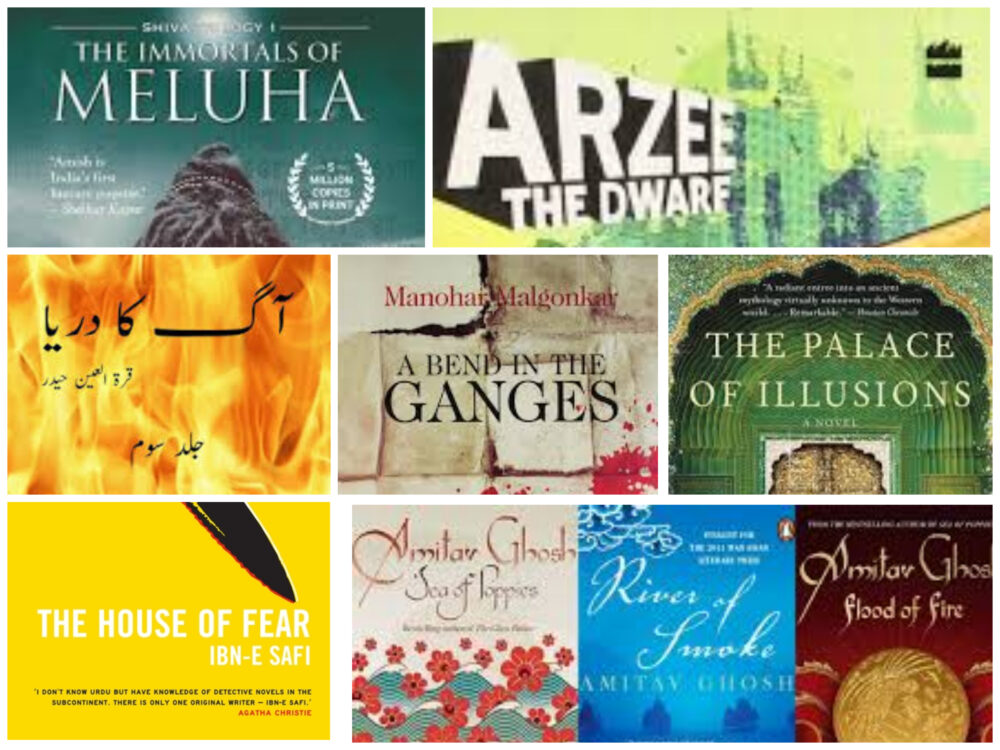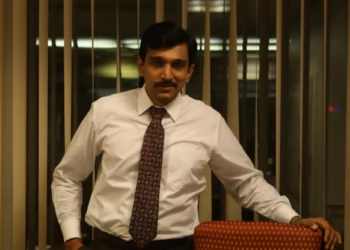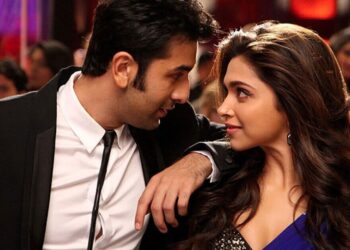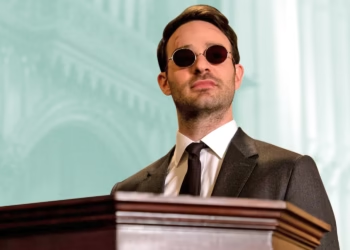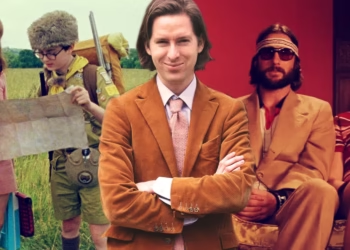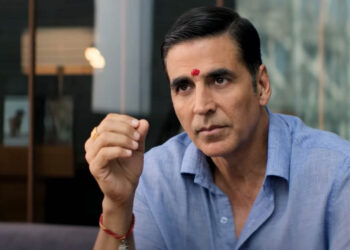Films and TV shows often find their sources in literary works. Prominent pieces of literature from across the world inspire cinema, which may become a medium for bringing the text to a larger audience or reintroduce the text with a fresh perspective to its readers.
Today TSA brings to you 8 pieces of literature that we think should be made into films.
Aag Ka Darya by Quratulain Haider

Published in 1959 Aag ka Dariya is a landmark historical novel written by Quratulain Haider cover over a span of 2000 years and starring from the Maurya Dynasty and to the post-independence time in India and Pakistan. Dealing with the themes of the oneness of human nature the book could be made into a marvellous period drama film.
The Ibis trilogy by Amitav Ghosh
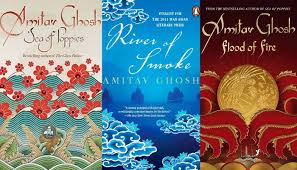
The Ibis trilogy written by Amitav Ghosh comprises of three books Sea of Poppies, River of Smoke and flood of fire. Set in colonial India the books follow the lives of several principal characters, over several years and focuses on the opium trade between India and China and trafficking of the coolies to Mauritius. The narrative full of diverse characters, variant settings, dramatic moments, twists and turns, interesting plots and sub-plots is definitely a perfect recipe for an intriguing film.
The Imran Series by Ibne Safi
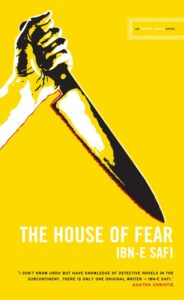
Ibn-e-Safi was a prolific fiction writer, novelist and poet of Urdu language. He has to his name an incredible number of suspense novels. The Imran series itself contains about 120 books following the adventures of the exceptionally sharp spy, Imran across the globe, who behaves like a buffoon to uncover captivating mysteries. The books are filled with mystery, adventure, suspense, violence, romance and jesting, and were really popular with the audience. However, it seems impossible to the compress such a volumes series into a few films it can be a source of inspiration for characterisation, settings, plots and much more.
A Bend in the Ganges by Manohar Malgonkar

Malgonkar’s partition novel A Bend in the Ganges is packed with events and unfortunately, it wasn’t but has all the ingredients of a bestseller. Malgonkar’s depiction of the two heroes in the novel, Devi Dayal and Gian Talwar, who represent the opposing political ideologies of revolutionary terrorism and non-violence, respectively shows how the initial clash between Indian Nationalism and British Imperialism gave way to communalism. The book is a fast-moving narrative about one of the watershed moments in South Asian History, which should be adapted into the audio-visual medium.
The Palace of Illusions by Chitra Banerjee Divakaruni
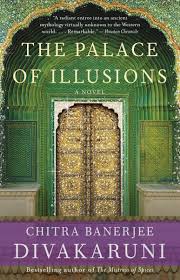
The 2008 novel, The Palace of Illusions is an interpretation of the Epic of Mahabharata, told from the point of view of Panchali (Draupadi) the wife of Pandava brothers. The story focuses on the experiences of Draupadi’s living in an increasingly patriarchal setup. The book brings in a new perspective into Indian Mythology, which needs to reach wider range of people and cinema might be a great option for that.
Arzee the Dwarf by Chandrahas Chaudhary

Chandrahas Chaudhary’s debut novel, Arzee the Dwarf was published in 2009. The eponymous story follows a man who is a three-foot-five-inch tall, full of anguish and self-pity. The story follows the Arzee for a span of two weeks. The biggest reason this should be made into a film is simply that Indian cinema needs better representation of disabled people and must subjectively explore such themes.
The Immortals of Meluha from The Shiva Trilogy by Amish Tripathi

The Immortals of Meluha was the first published work of Amish Tripathi and also the first instalment of the Shiva Trilogy. Borrowing heavily from the Indian mythical terminology and concepts, the story is about Shiva who lands in the near-perfect city of Meluha and believed to be the saviour of the natives and his journey thereafter is covered over the course of three books. The books could be a quintessential basis for a mythological fantasy film.
These are just a few great books that we think would make great pieces of cinema as well, but out there is a sea of unexplored or forgotten books, novels and stories in several languages that need to reach to a greater audience and cinema is just the right medium for that.
Let us know if you would like to see another such list in the comments section below. Also, for more such content, keep checking our entertainment and literature sections.
Read: Five Must-Watch Movies Based on Books
Also, Read: Bollywood movies that are based on Novels


